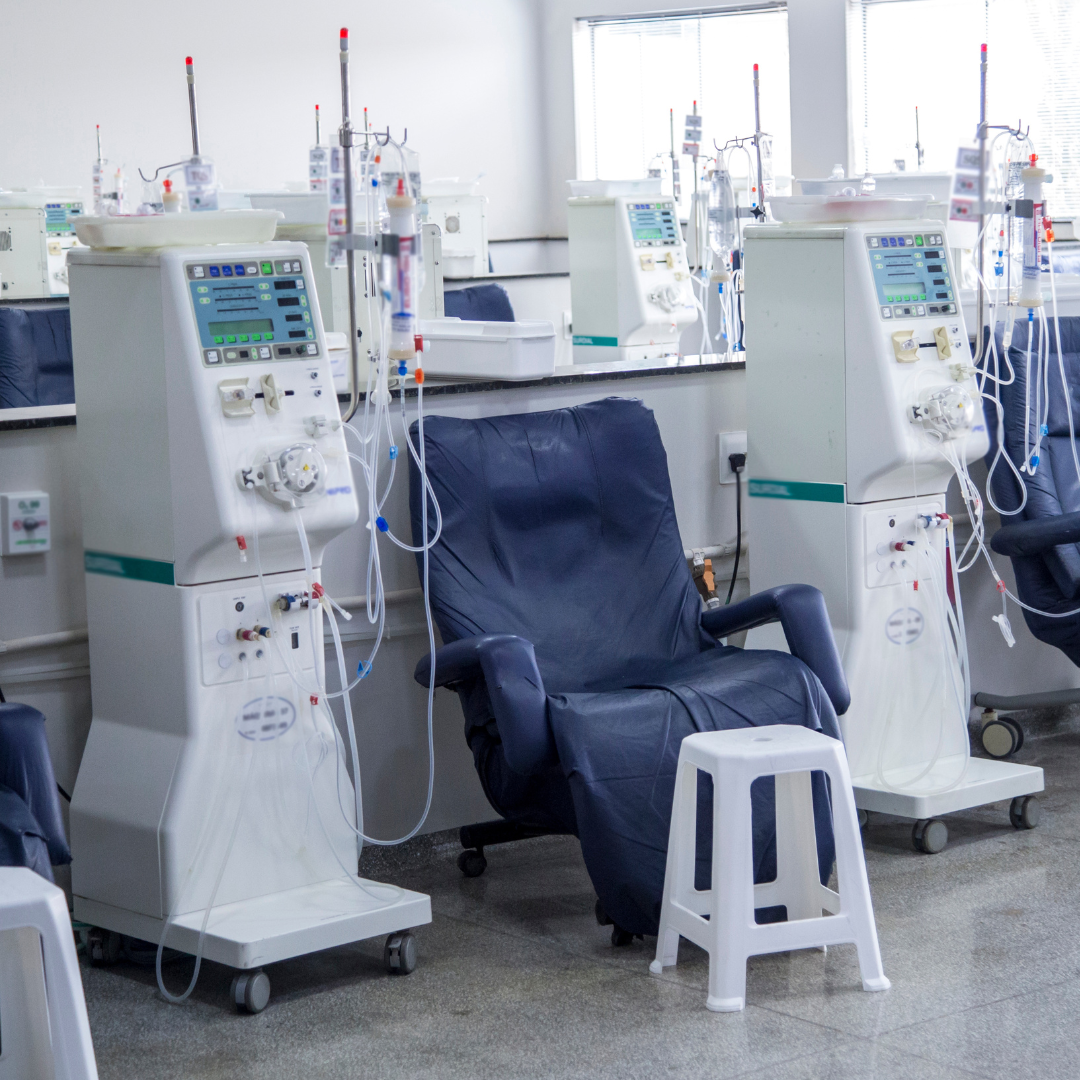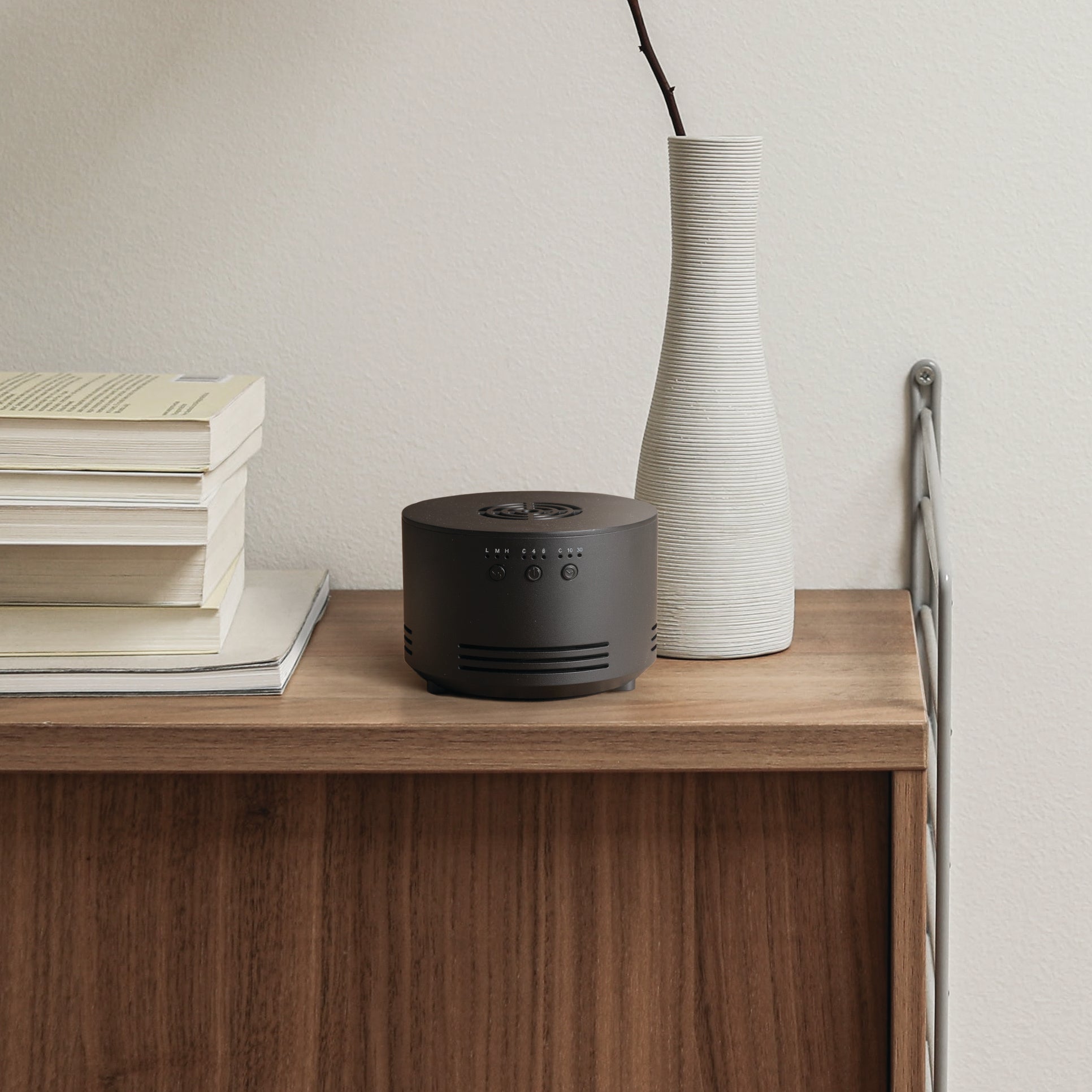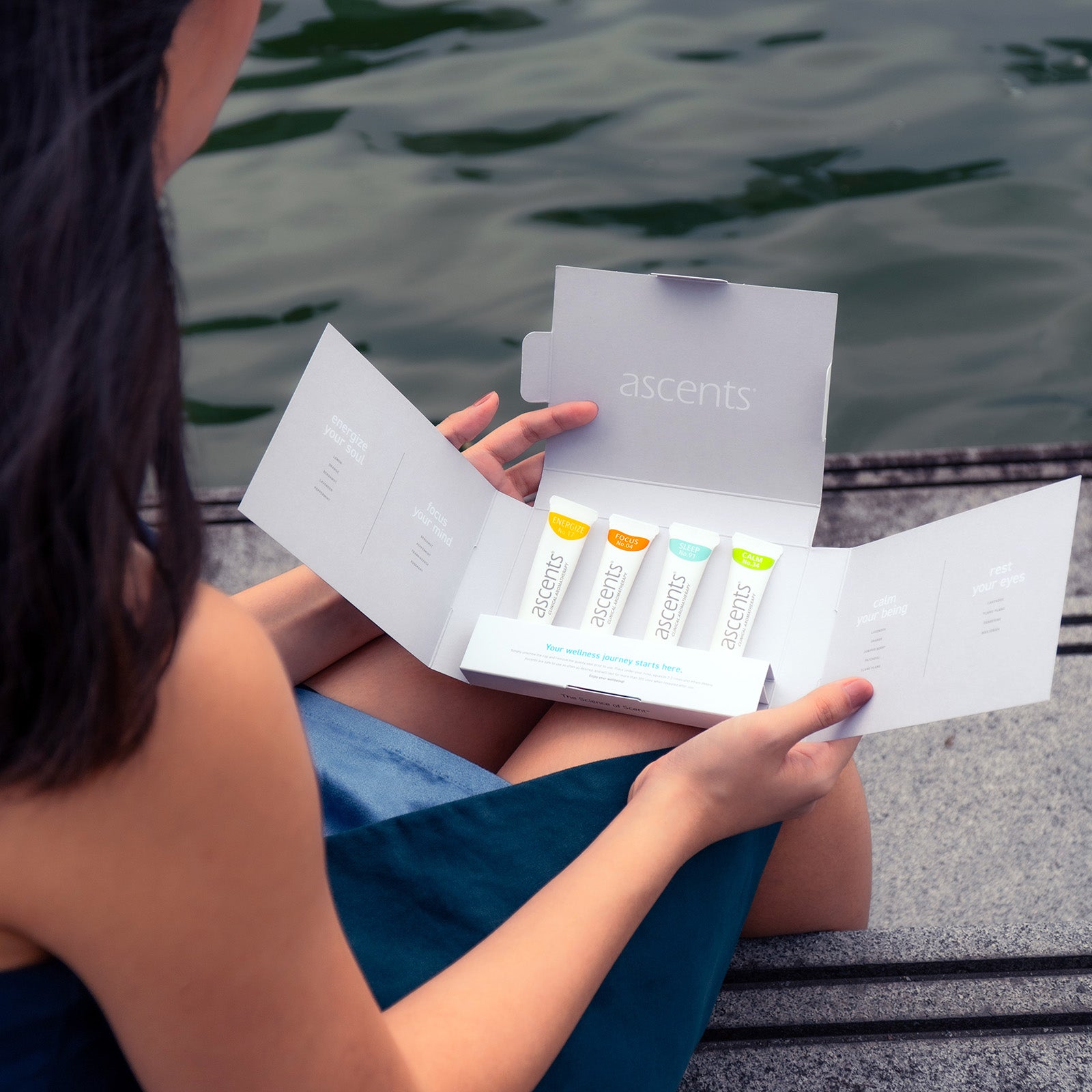
Infusion Comfort Care
Article Revised 12/12/2023
Enhancing Patient Comfort and Outcomes with Noninvasive Symptom Management Solutions

Infusion therapy plays a crucial role in modern healthcare, providing patients with a wide range of treatments and medications directly into their bloodstream. However, this essential medical procedure can often lead to uncomfortable side effects, such as anxiety, nausea, fatigue, and pain. These symptoms not only impact the patient's overall experience but can also affect treatment adherence and outcomes. In recent years, healthcare providers have turned to innovative methods like Infusion Comfort Care™, including the safe and effective use of clinical aromatherapy, to improve the patient experience and enhance treatment success.
What is Infusion Comfort Care?
Infusion Comfort Care is a holistic approach that aims to address the physical and emotional well-being of patients undergoing infusion therapy. It involves the incorporation of various noninvasive techniques to reduce discomfort and stress, thereby enhancing the overall quality of care and improving patient outcomes. While the traditional focus of infusion therapy is on administering the prescribed treatment, Infusion Comfort Care recognizes the importance of considering the patient's entire experience during the process.
Symptoms Managed by Infusion Comfort Care
Patients undergoing infusion therapy may experience several symptoms that can make the treatment process challenging. Some common symptoms include:
- Anxiety: The unfamiliar environment, medical procedures, and the anticipation of potential side effects can lead to anxiety and stress in patients.
- Nausea: Certain medications used in infusion therapy may trigger feelings of nausea, which can be distressing for patients.
- Fatigue: Infusion sessions can be lengthy, leading to physical and mental fatigue during and after the procedure.
- Pain: The insertion of needles and the infusion process itself can cause discomfort and pain for some patients.
Clinical Aromatherapy as a Noninvasive Solution
One of the noninvasive ways to manage these symptoms and promote patient comfort during infusion therapy is through clinical aromatherapy. Aromatherapy involves the controlled use of essential oils derived from natural plant sources to stimulate the senses, promoting relaxation and a sense of well-being.
Several rigorous clinical trials have demonstrated the safety and efficacy of clinical aromatherapy in managing symptoms related to various medical conditions and procedures. When used appropriately, essential oils can help alleviate anxiety, quell nausea, ease fatigue, and reduce pain.
How Clinical Aromatherapy Works
During infusion therapy, healthcare providers can incorporate clinical aromatherapy in various ways, such as:
- Aromatherapy Diffusers: Diffusing essential oils in the treatment room can create a calming ambiance and help patients relax during the infusion.
- Personal Inhalers: Patients can inhale certain essential oils directly from a personal inhaler, which can help manage anxiety and nausea.
- Wearable Patches: MRI-safe patches infused with essential oils can provide hands-free relief.
Benefits of Infusion Comfort Care with Clinical Aromatherapy
- Enhanced Patient Experience: By incorporating clinical aromatherapy into the infusion therapy process, patients can feel more at ease and less anxious, leading to a more positive treatment experience.
- Improved Adherence: Patients who feel comfortable and supported during their infusion sessions are more likely to adhere to their prescribed treatment plans.
- Better Treatment Outcomes: When patients are relaxed and experience less discomfort, their bodies may respond more positively to the infused medications, potentially leading to improved treatment outcomes.
- Reduced Need for Additional Interventions: As clinical aromatherapy is a noninvasive approach, it can help minimize the need for additional medications or interventions to manage symptoms.

Conclusion
Infusion Comfort Care™, with the integration of clinical aromatherapy, offers a promising solution to alleviate the symptoms of anxiety, nausea, fatigue, and pain that patients often experience during infusion therapy. By prioritizing the patient's overall well-being and experience, healthcare providers can enhance treatment adherence and optimize patient outcomes. As this approach continues to gain recognition and support from rigorous clinical trials, it is likely to become an integral part of comprehensive patient care in infusion therapy and beyond.
Ascents Clinical Aromatherapy - Recommended by Doctors, Used by Hospitals®











Leave a comment
This site is protected by hCaptcha and the hCaptcha Privacy Policy and Terms of Service apply.